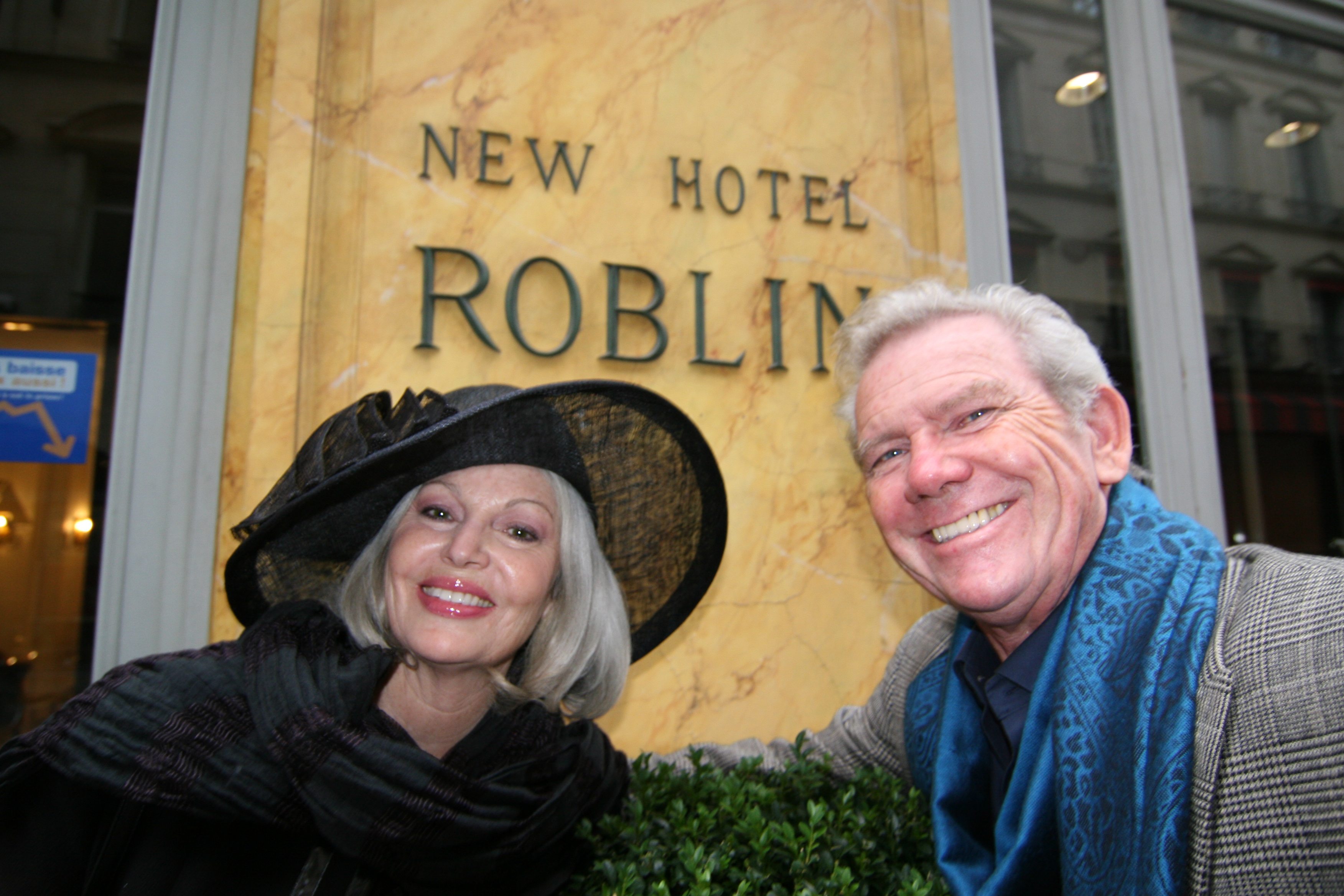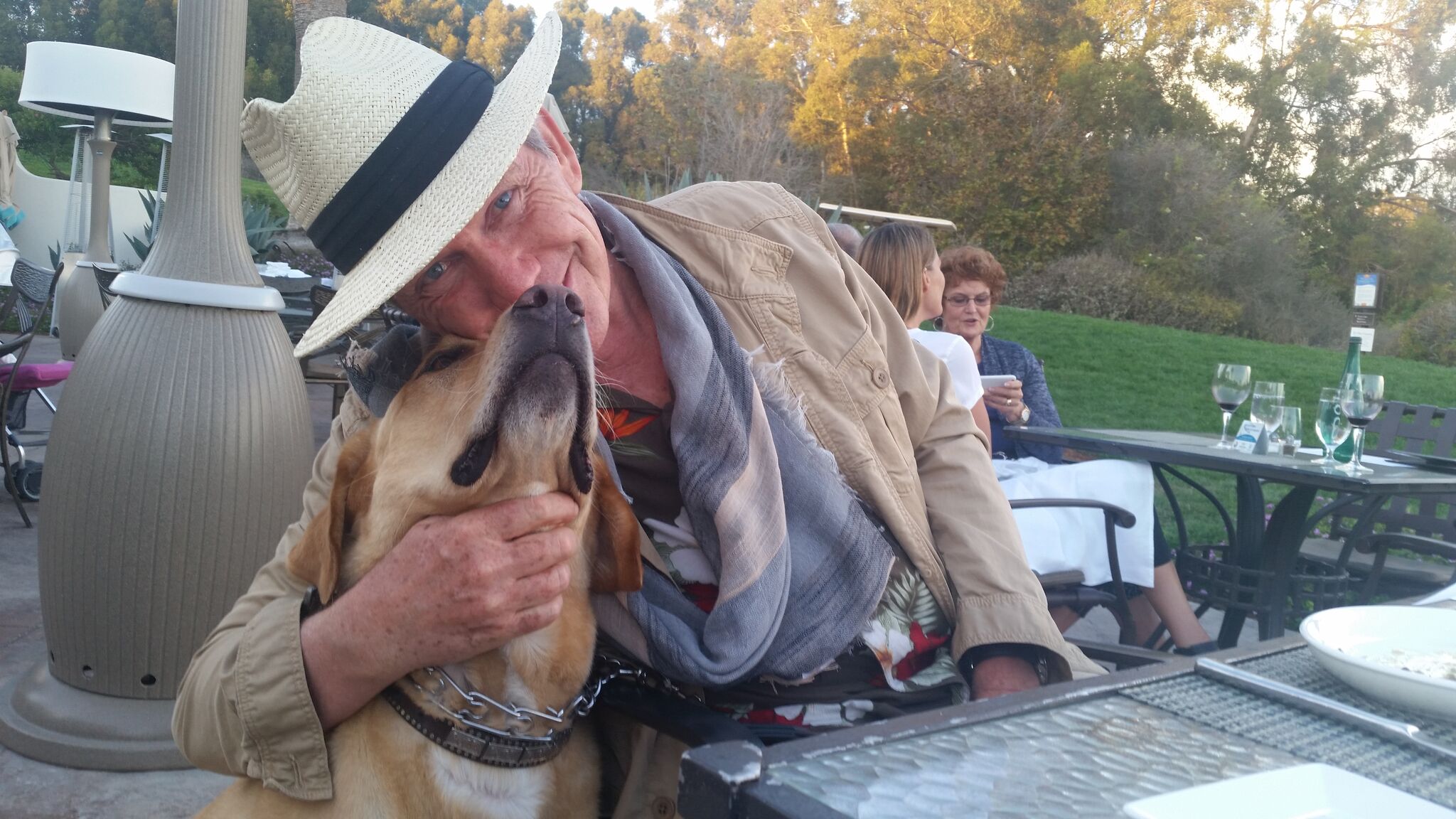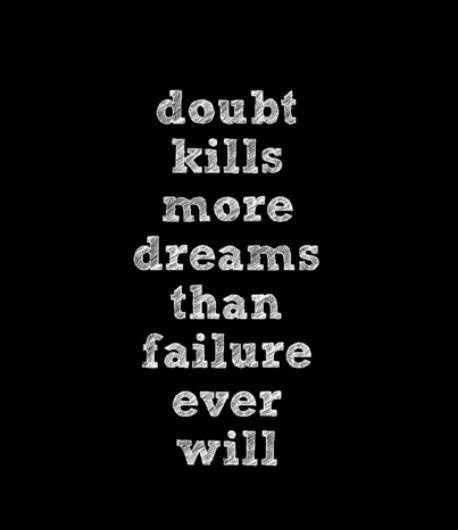Empathy and Compassion in the Wake of Japan’s Tsunami Crisis
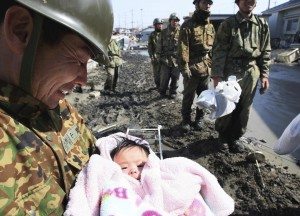 By: Marc Ian Barasch, author of The Compassionate Life and Founder/Director, Green World Campaign
By: Marc Ian Barasch, author of The Compassionate Life and Founder/Director, Green World Campaign
The aerial shots are heartbreaking enough: the before-and-after satellite photos of Arehama and Otsuchi that reveal the cruel devastation of the Japanese earthquake and tsunami. The aftershocks are rippling throughout the world. Some news stories stress the impact on the global stock market, others the implications of the Fukushima reactor failure for general nuclear safety: on an interconnected planet, no disaster is distant.
But it is not this more abstract response that occupies the foreground of our awareness. It’s rather the inward lurch we feel when we see the images of some of the hundreds of thousands of people forced to spend freezing nights in crude shelters after losing their homes and loved ones. The sight of human suffering never fails to sear the soul because beneath whatever armor we may don to get by in a tough, competitive world, we are creatures made for empathy.
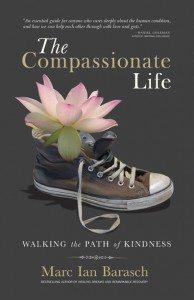 Every religion stresses the moral imperative of compassion. (“Give they servant an undefended heart,” St Francis prayed. Says the Dalai Lama ,”My religion is kindness.”) But scientists are now discovering that we are wired for compassion; and that contrary to the idea that only a thin civilized veneer sits between us and our killer-ape instincts, our very brains have evolved to share each others’ feelings. When we witness human tragedy, structures dubbed “mirror neurons” automatically fire. When we see instances of altruistic behavior, a feeling researchers call “elevation” courses up the vagus nerve, bringing tears to the eyes and an ache to the chest. I am convinced that we are now collectively engaged in the creation of a new compassionate civilization. It is the only way to get through our 21st century bottleneck of environmental destruction, poverty, runaway technology, and mindless violence. The next time you watch footage of heroic rescue crews, be aware of that swelling sensation in your heart; pay attention to the tears that well up when you see a photo of a child orphaned by disaster, for they are the seeds of what Martin Luther King called “the Beloved Community”—a gentler, more embracing order that is our destiny if we are to have a future together.
Every religion stresses the moral imperative of compassion. (“Give they servant an undefended heart,” St Francis prayed. Says the Dalai Lama ,”My religion is kindness.”) But scientists are now discovering that we are wired for compassion; and that contrary to the idea that only a thin civilized veneer sits between us and our killer-ape instincts, our very brains have evolved to share each others’ feelings. When we witness human tragedy, structures dubbed “mirror neurons” automatically fire. When we see instances of altruistic behavior, a feeling researchers call “elevation” courses up the vagus nerve, bringing tears to the eyes and an ache to the chest. I am convinced that we are now collectively engaged in the creation of a new compassionate civilization. It is the only way to get through our 21st century bottleneck of environmental destruction, poverty, runaway technology, and mindless violence. The next time you watch footage of heroic rescue crews, be aware of that swelling sensation in your heart; pay attention to the tears that well up when you see a photo of a child orphaned by disaster, for they are the seeds of what Martin Luther King called “the Beloved Community”—a gentler, more embracing order that is our destiny if we are to have a future together.
Marc Barasch presently co-stars in the film “I Am,” which is based in part on his book, Field Notes on the Compassionate Life (in paperback as The Compassionate Life)


